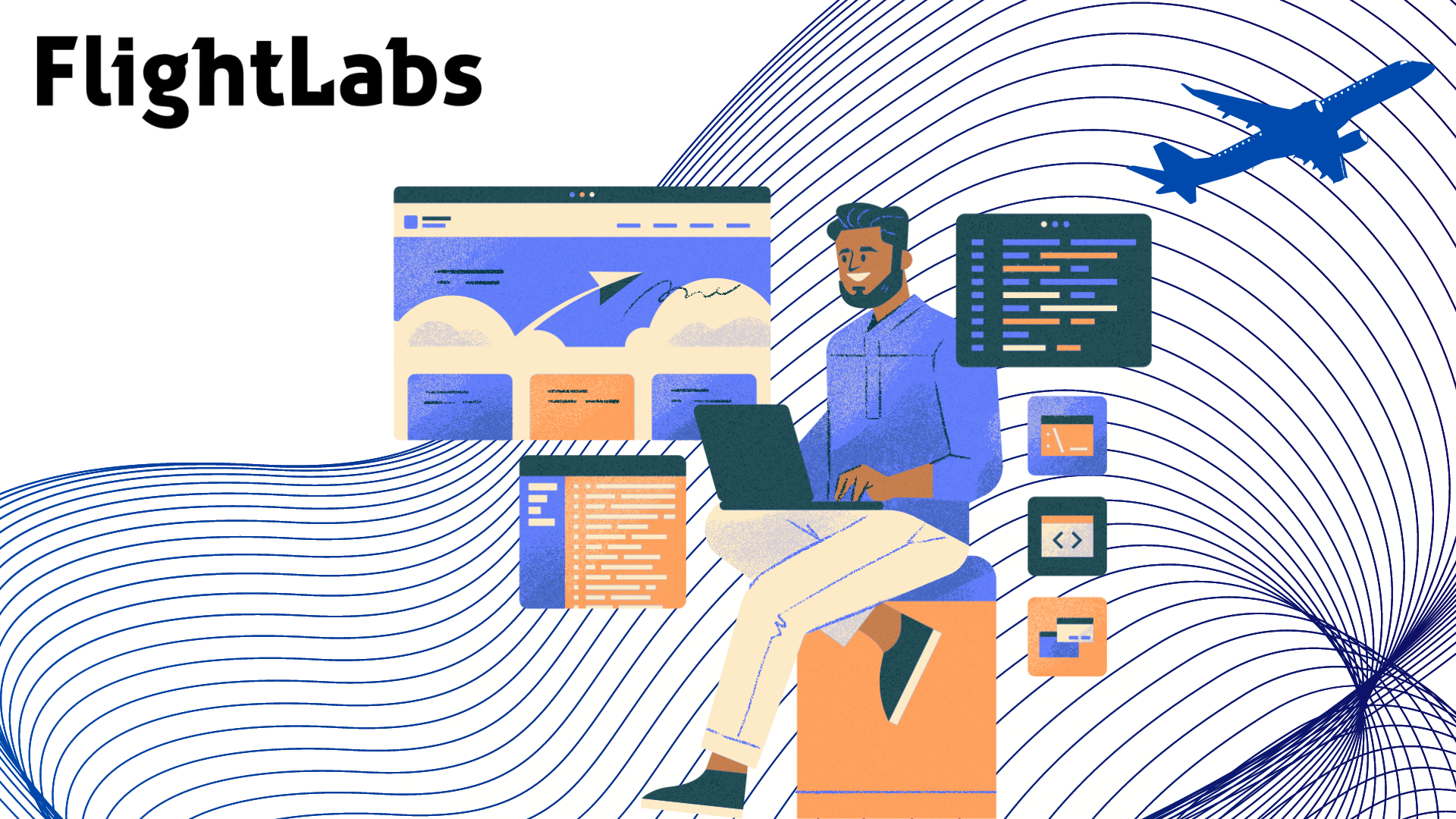Future Flights API: Comprehensive Guide For Developers

As the aviation industry continues to evolve, the need for real-time and predictive flight data has become increasingly crucial. Whether you are developing a travel app, a logistics platform, or an aviation analytics tool, integrating a reliable Future Flights API can significantly enhance your project. Flight API offers a robust API solution designed to provide comprehensive and accurate flight data. This guide will walk you through everything you need to know about the Future Flights API and how to integrate it seamlessly into your applications.
Why Use a Future Flights API?
Predictive flight data is essential for optimizing operations, enhancing user experience, and improving decision-making processes. By leveraging a Future Flights API, developers can access real-time predictions on flight schedules, delays, cancellations, and more. This data is invaluable for applications that aim to provide users with up-to-date information and improved service reliability.
Introducing FlightLabs Future Flights API
FlightLabs’ Future Flights API stands out for its accuracy, reliability, and ease of use. It aggregates data from various reputable sources, including airlines, airports, and aviation authorities, to offer comprehensive predictive flight information. This API is designed to be developer-friendly, making it accessible for both novice and experienced developers.

Key Features of FlightLabs Future Flights API
The FlightLabs Future Flights API offers a wide range of features that make it an ideal choice for developers:
- Real-Time Predictions: Provides up-to-the-minute flight forecasts, including schedules, delays, and cancellations.
- Comprehensive Data: Covers a vast array of flight information sourced from multiple reputable providers.
- User-Friendly Documentation: Detailed documentation to help developers integrate the API quickly and efficiently.
- Scalability: Suitable for projects of any size, from small applications to large enterprise solutions.
- Security: Ensures data integrity and security through robust measures and protocols.
Getting Started With FlightLabs Future Flights API
Integrating the FlightLabs Future Flights API into your project is straightforward. Follow these steps to get started:
- Sign Up: Register for an API key on the FlightLabs website.
- Explore the Documentation: Familiarize yourself with the API endpoints and available data through the comprehensive documentation.
- Set Up Your Environment: Use the provided sample code and endpoints to set up the API in your development environment.
- Test the Integration: Conduct initial tests to ensure the API is functioning correctly and returning the expected data.
- Deploy Your Application: Once testing is complete, deploy the API in your live application environment.
Detailed Integration Steps
For a more detailed integration, here’s a breakdown of the process:
- Authentication: Use your API key to authenticate requests to the FlightLabs API.
- Making Requests: Send HTTP requests to the appropriate endpoints to retrieve the desired flight data.
- Handling Responses: Parse the JSON responses to extract and utilize the flight information in your application.
- Error Handling: Implement robust error handling to manage potential issues such as rate limits and data unavailability.
- Optimization: Optimize your API calls to ensure efficient use of resources and fast response times.
Use Cases For FlightLabs Future Flights API
The versatility of the FlightLabs Future Flights API makes it suitable for a variety of applications:
- Travel Apps: Provide users with real-time flight information, including delays and cancellations, to enhance travel planning.
- Logistics Platforms: Optimize logistics and supply chain management by predicting flight schedules and potential disruptions.
- Aviation Analytics: Develop tools that analyze flight trends and performance metrics to improve airline operations.
- Customer Service: Enhance customer support by offering accurate and timely flight information to travelers.
Benefits of Using FlightLabs Future Flights API
Integrating the FlightLabs Future Flights API offers numerous benefits:
- Enhanced User Experience: Deliver accurate and timely flight information to improve user satisfaction.
- Operational Efficiency: Optimize processes and reduce costs by leveraging predictive flight data.
- Competitive Advantage: Stand out in the market by offering advanced features powered by reliable flight data.
- Scalability: Easily scale your application as your user base grows without compromising on performance.
Conclusion: Elevate Your Projects With FlightLabs
The FlightLabs Future Flights API is a powerful tool for developers looking to integrate predictive flight data into their applications. Its comprehensive features, ease of use, and reliable data make it an excellent choice for a wide range of projects. By following the integration steps outlined in this guide, you can quickly and efficiently add valuable flight information to your applications, enhancing their functionality and user experience. Embrace the future of flight data integration with FlightLabs and take your projects to new heights.